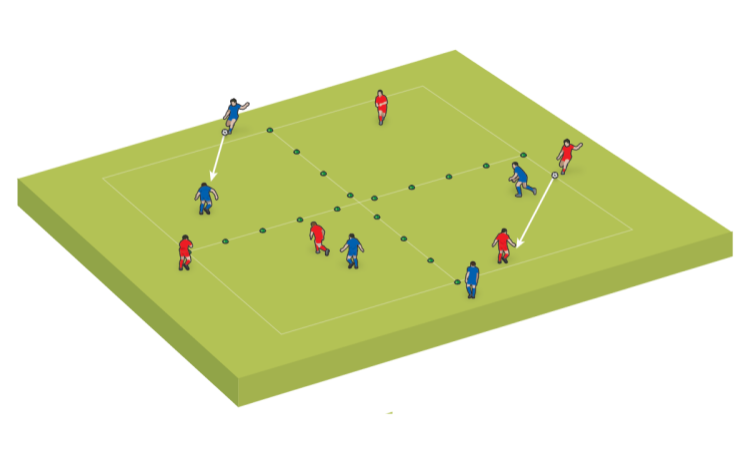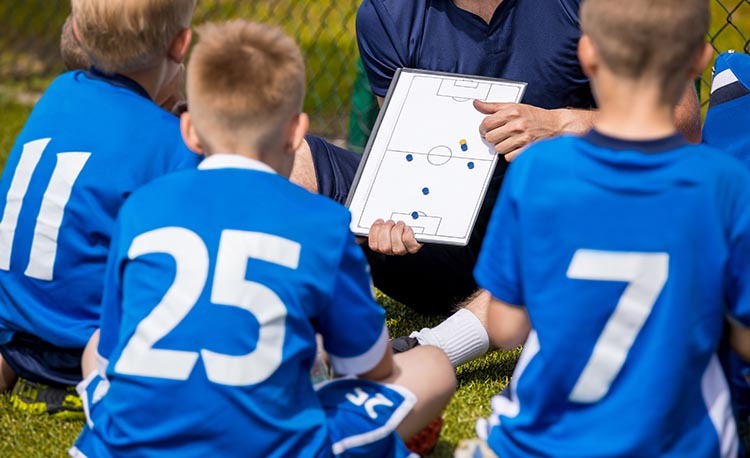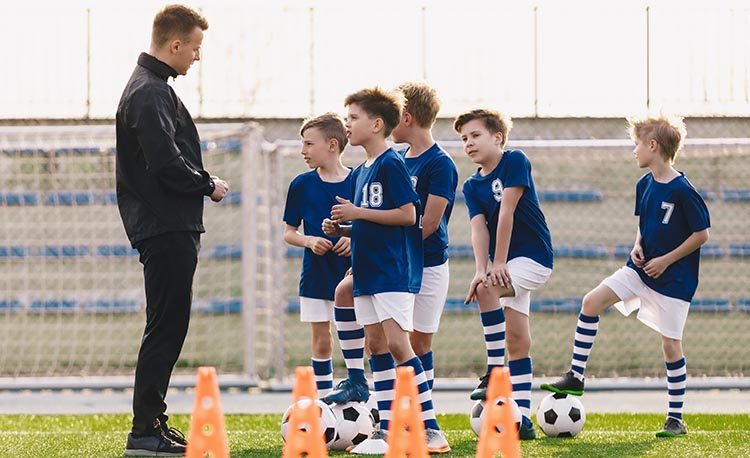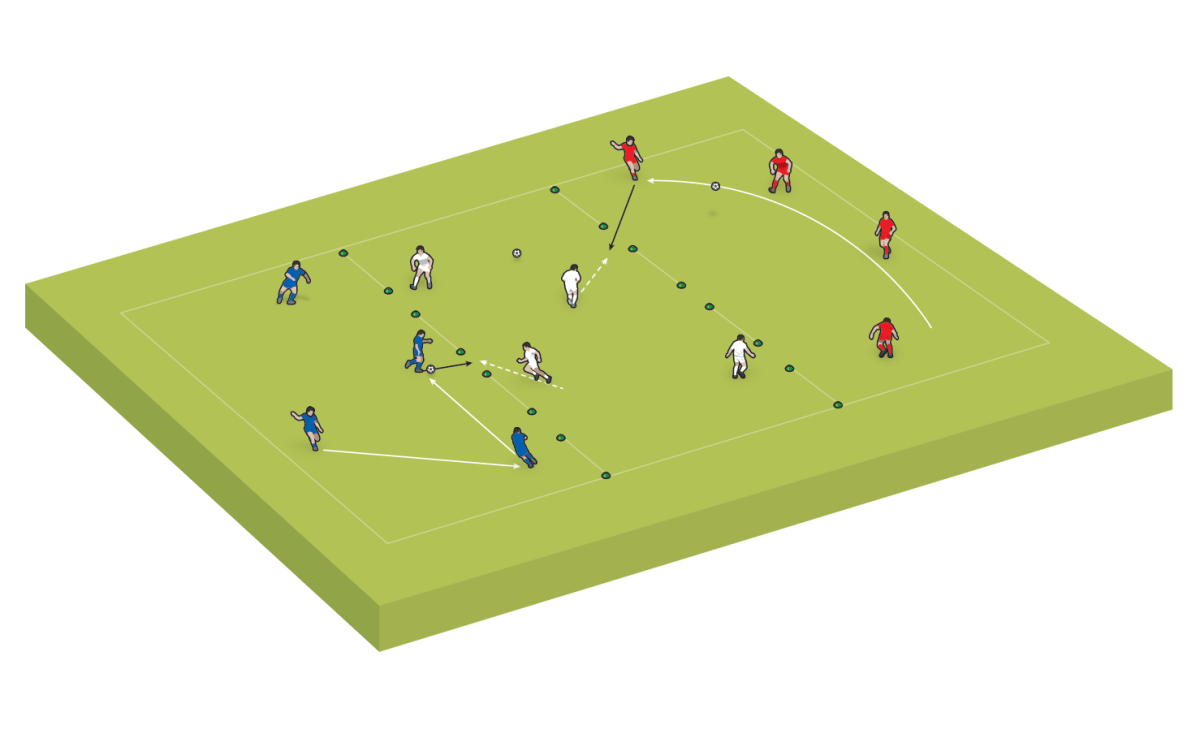Same team, new ideas
Staying with a group of young players season by season has both benefits and drawbacks. HANNAH DUNCAN provides tips on reinvigorating your coaching
We are hurtling towards September and another season is fast approaching for many of us.
This will be the first season in six that I have not been involved with an actual team in a coaching capacity – instead, I am working within a development centre at a Premier League club, coaching U7s boys who train but don’t play matches.
It also means it is the first summer in several where I have not agonised over whether I should be staying on with the same group of players, or offering them a fresh voice and moving on to a new challenge myself.
Many coaches – especially those volunteer coaches among us – will understandably often stay with the same team year-on-year, as they grow through the foundation (5-11) and youth development (12+) phases.
But is that best for the players – or, indeed, the coach?
There is a lot to be said for consistency and building a strong rapport with your players to help them develop, make them feel at ease in their environment and get the best out of them.
I certainly had a fantastic relationship with the girls I took from U11s to U16s - it was a pleasure watching them grow not only as players, but as people, too.
But coaching a 10-year-old requires a very different skillset to coaching a 16-year-old - just as different challenges are presented when working with a seven-a-side team to an 11-a-side team.
We can hone those skills over time and, while it is absolutely possible to do a mixture successfully, specialising in a particular phase or age group also has its merits.
"Players in the older age groups may be keen to set foot on the coaching ladder..."
There is also the feeling of players benefitting from a fresh voice after a while - someone with different ideas, or who can present information in a different way - which may give some players better support.
If you are staying with the same team however - perhaps out of necessity, if there are no other willing volunteers - there are other ways we can freshen things up.
See if you can bring in a new assistant coach, who may bring with them new ideas and approaches - or perhaps you can arrange for a series of one-off guest coaches throughout the season.
It may be that there are players in the older age groups who are keen to set foot on the coaching ladder, and might appreciate opportunities to get involved.
We can also keep developing our own coaching by taking on new ideas, particularly when working with a new age group or development phase.
There are often a range of great CPD opportunities available throughout a season - but if this isn’t available for you, see if you can ask to watch other coaches’ sessions or get another coach to watch yours and offer some feedback.
I don’t think there is necessarily a right or wrong way in terms of whether coaches should stay with the same group of players, or specialise with a certain age group. And many, as mentioned, won’t have that choice.
But there are always ways we can keep things fresh to ensure development and enjoyment continues, both for our players and for us as coaches.
Related Files
Newsletter Sign Up
Coaches Testimonials

Gerald Kearney, Downtown Las Vegas Soccer Club

Paul Butler, Florida, USA

Rick Shields, Springboro, USA

Tony Green, Pierrefonds Titans, Quebec, Canada
Subscribe Today
Discover the simple way to become a more effective, more successful soccer coach
In a recent survey 89% of subscribers said Soccer Coach Weekly makes them more confident, 91% said Soccer Coach Weekly makes them a more effective coach and 93% said Soccer Coach Weekly makes them more inspired.
*includes 3 coaching manuals
Get Weekly Inspiration
All the latest techniques and approaches
Soccer Coach Weekly offers proven and easy to use soccer drills, coaching sessions, practice plans, small-sided games, warm-ups, training tips and advice.
We've been at the cutting edge of soccer coaching since we launched in 2007, creating resources for the grassroots youth coach, following best practice from around the world and insights from the professional game.







